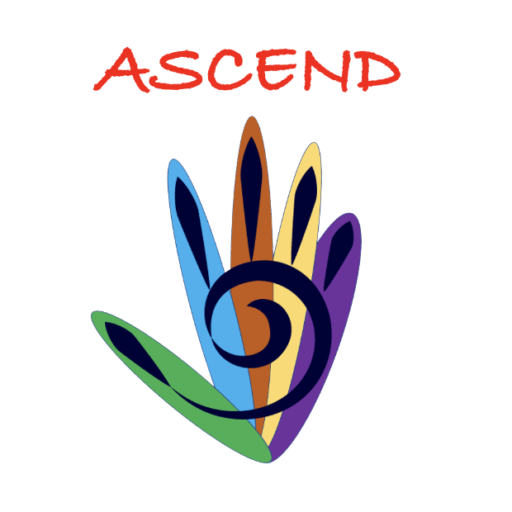ASCEND has resulted from collaborations among partners who contribute valuable resources, experience and expertise in support of individuals, families and communities.
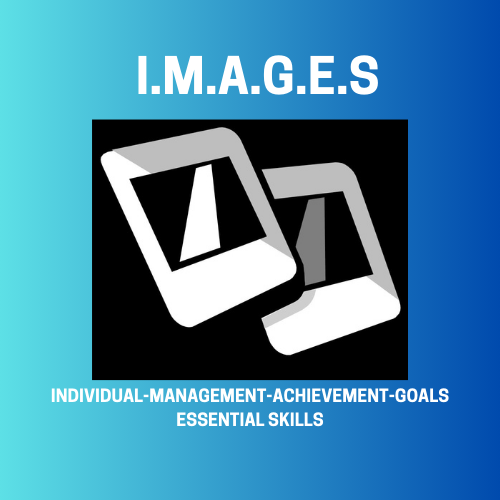
Helen E. Wakefield, J.D. Consultant, created the I.M.A.G.E.S program to empower young women, particularly those in foster care or impacted by the juvenile justice system, by addressing critical milestones.
The program uses Social-Emotional Learning (SEL) principles and the 40 Fundamental Assets to build resilience, self-discovery, and actionable Life Plans. Participants learn the 5-Keys to Success, a structured framework for goal setting and achievement, ultimately paving the way for a successful future.
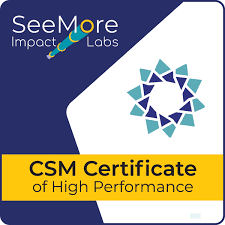
CSM is a next-generation, self-paced, online course for building math and literacy, academic success skills, and employability skills needed for direct employment or succeeding in rigorous, advanced postsecondary training programs. This program prepares a person to engage in meaningful preparation for the future of work. Once the participants complete the 20-70 hours online course, they are awarded a CSM Certificate of Completion that earns college math credit and hiring preferences from various employers.
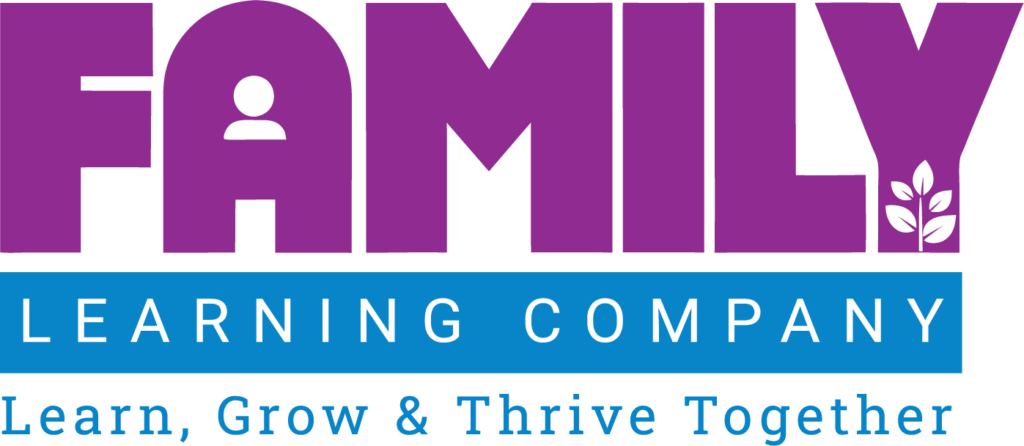
Interactive Family Learning online family learning software simultaneously engages family members at different levels of literacy and mathematics, building core reading, writing and math skills plus STEM vocabulary up to the level required by the CSM Course. As a learner-controlled program, it is designed to develop data-based decision-making and agency, critical for workforce success. By engaging parents & grandparents in helping their children, family learning software also adds a key motivation for adult involvement within typical extended families.
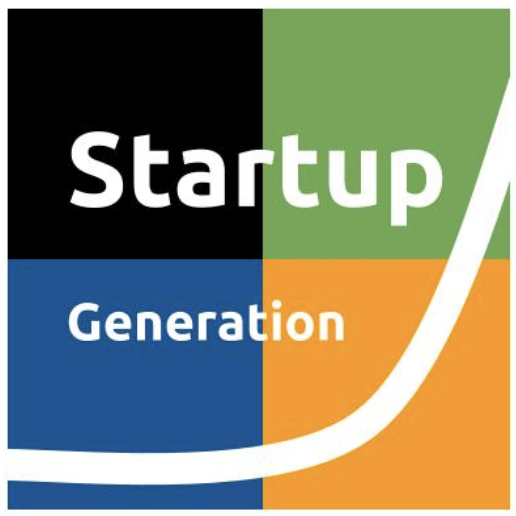
Entrepreneurial thinking for learning, work and life.
Whether you teach middle school or high school students, or work with young people outside of school, helping them develop entrepreneurial thinking opens doors to higher education and employability. Students with entrepreneurial skills have a significant competitive advantage over others in terms of ideation, project/product development, research, team-building, collaboration, networking and presentation skills. Whether they start their own business or not, these are skills valued by schools, universities and employers.
